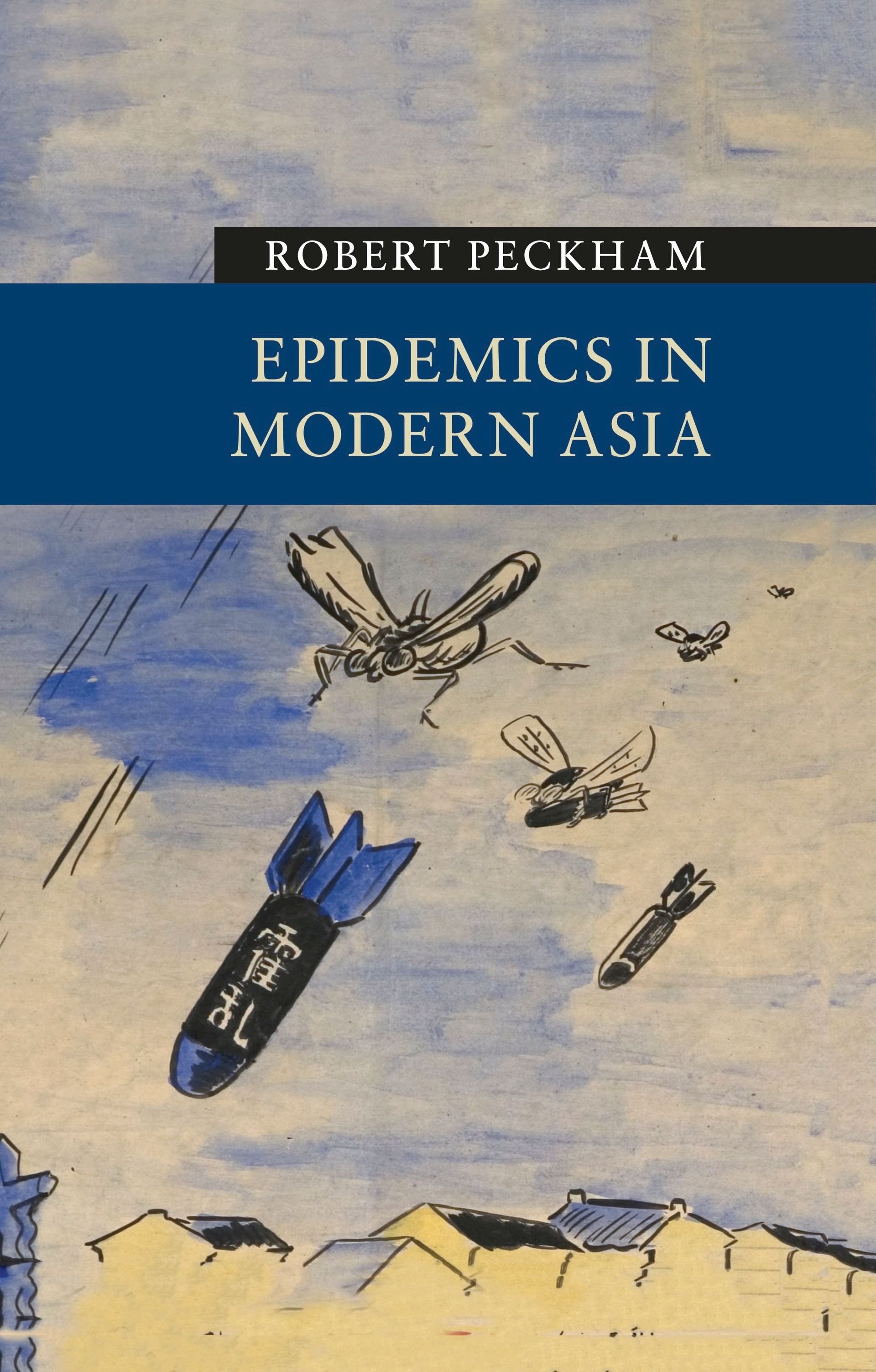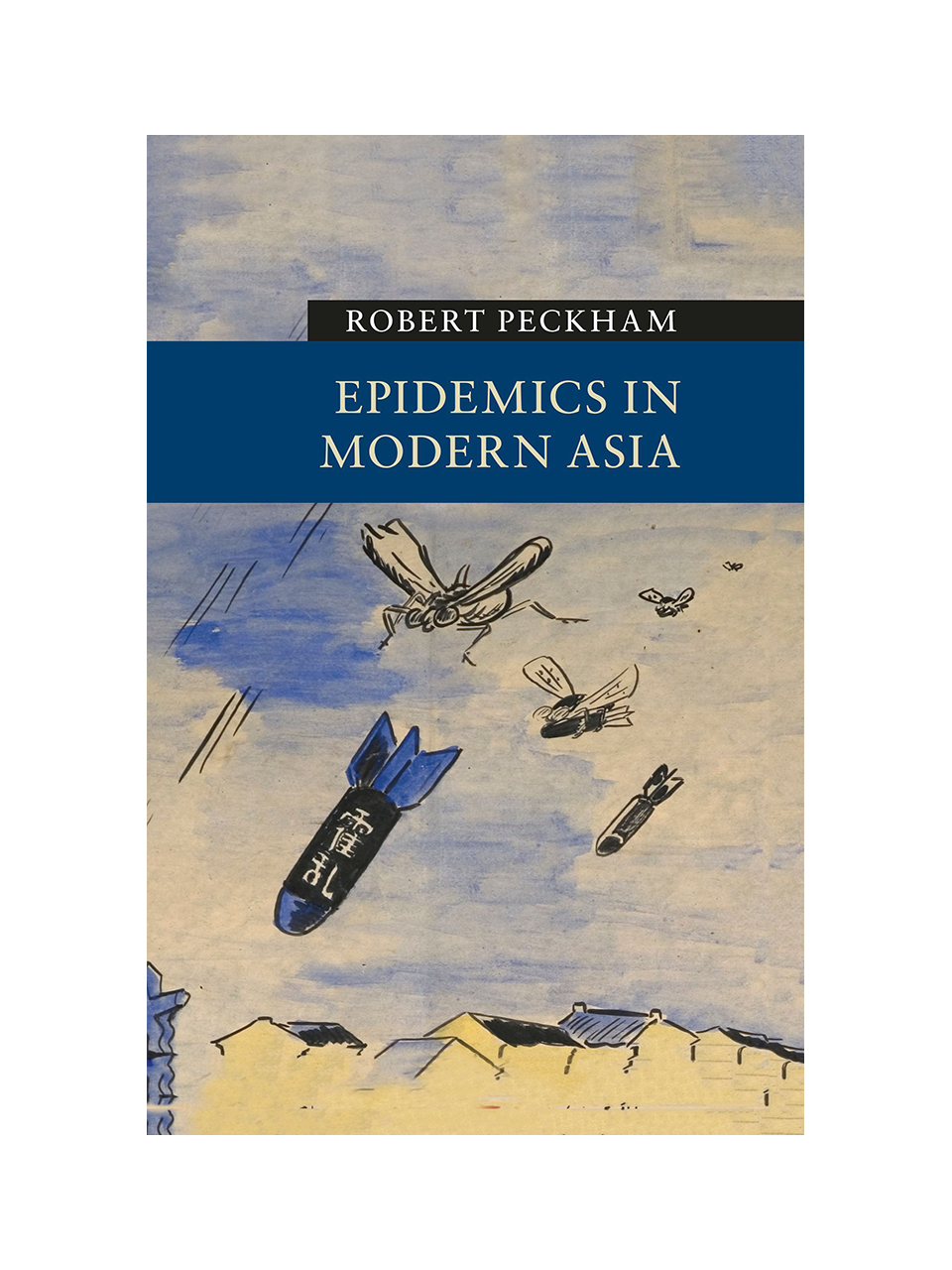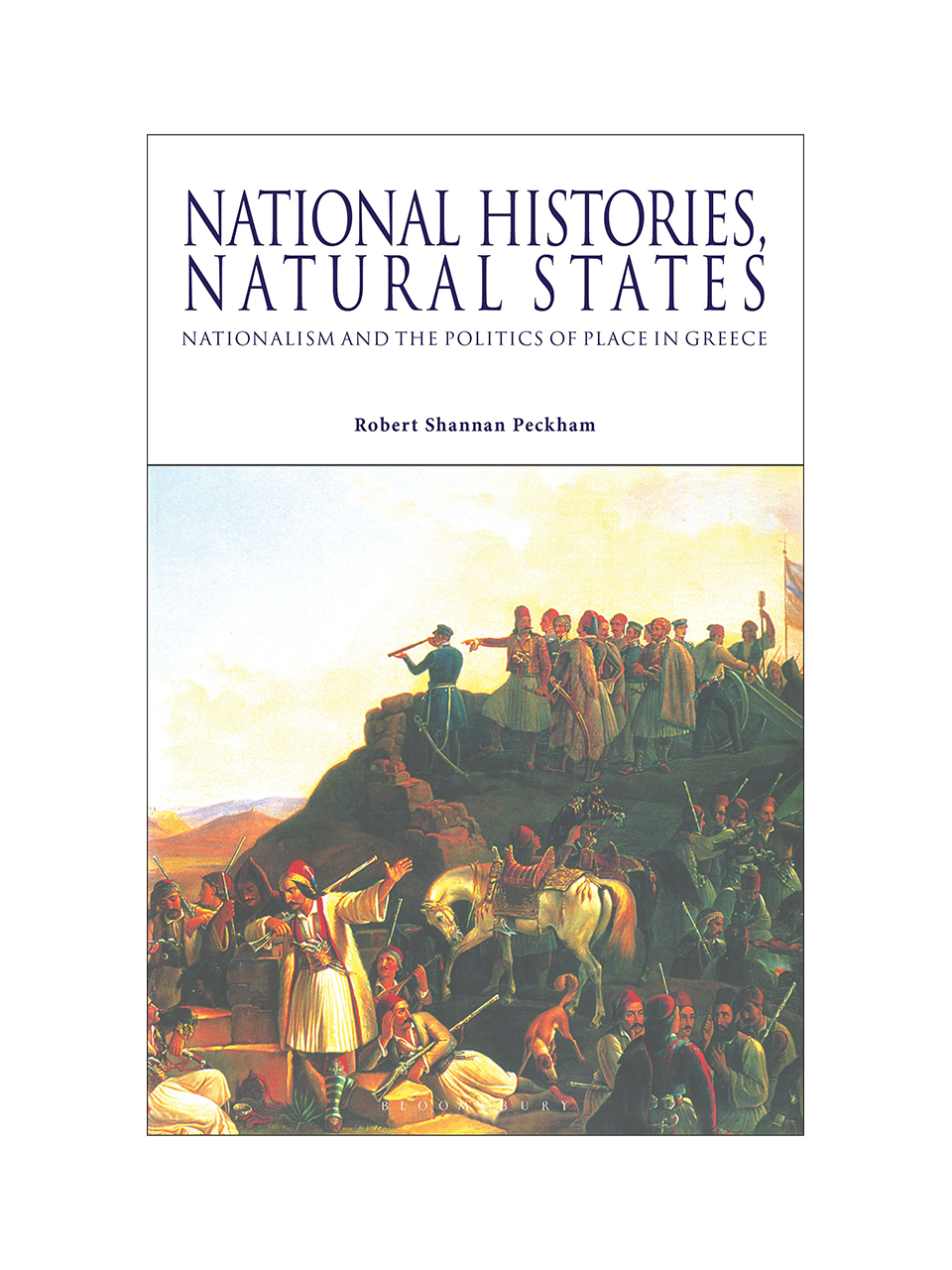
Epidemics in Modern Asia
Published by Cambridge University Press in June 2016
An agenda-setting history that explores how epidemics have shaped modern Asian societies and the world beyond.
Epidemics have played a critical role in shaping modern Asia. Encompassing two centuries of Asian history, Robert Peckham explores the profound impact that infectious disease has had on societies across the region: from India to China and the Russian Far East. The book tracks the links between biology, history and geopolitics, highlighting infectious disease’s interdependencies with empire, modernization, revolution, nationalism, migration, and transnational patterns of trade. By examining the history of Asia through the lens of epidemics, Peckham vividly illustrates how society’s material conditions are entangled with social and political processes, offering an entirely fresh perspective on Asia’s transformation.
THINGS PEOPLE ARE SAYING
ABOUT THIS BOOK:
“In Epidemics in Modern Asia, Robert Peckham provides a salutary and timely reminder of why the past matters. He shows how history can help us to think in new ways about the cultural, social, and political dimensions of epidemics. Peckham not only writes disease back into history but brings that history alive and demonstrates that the past is never in fact past. This highly original and important book should be required reading, not only for historians of modern Asia, but for those working on the frontline of public health.”
Peter Piot, founding Executive Director of UNAIDS, Under Secretary-General of the United Nations from 1995 until 2008, and part of the team that discovered the Ebola virus in 1976, author ― No Time to Lose: A Life in Pursuit of Deadly Viruses.
“Richly researched and keenly argued, Robert Peckham puts epidemic disease at the centre of a modern history of Asia. From China to India, this book unravels a history in which biology and Asian modernities have shaped one another. In so doing, he freshly recasts our understanding of how disease and social worlds are linked in complex political ecologies with unexpected pasts.”
Alison Bashford, Scientia Professor in History and Director of the Laureate Centre for History & Population, University of New South Wales, Sydney, author ― An Intimate History of Evolution: The Story of the Huxley Family.
“Accessible and engaging, yet subtly nuanced and perceptive, Epidemics in Modern Asia offers a masterful synoptic overview. It should find a place in many university syllabi, and will enhance courses on globalization and Asian societies, as well as histories of medicine, public health, and the environment.”
Shigehisa Kuriyama, Reischauer Institute Professor of Cultural History, Harvard University, author ― The Expressiveness of the Body and the Divergence of Greek and Chinese Medicine.
“This excellent book provides an insightful and wide-ranging perspective on the role of epidemics in the making of modern Asian history. Robert Peckham’s narrative moves deftly from the level of the individual neighborhood to the regional scale of inter-Asian connections. Students will appreciate the book’s lucidity and concision; specialists in the field will learn a lot from the sophisticated connections Peckham makes between medical, social, and political history.”
Sunil Amrith, Renu and Anand Dhawan Professor of History, Yale University, author ― Unruly Waters.
“…a milestone work that significantly enriches the history of disease epidemics.”
Lancet Infectious Diseases.
“[Epidemics in Modern Asia] successfully challenges simplistic narratives about the nature of epidemics and their control. Historians of disease and public health will therefore learn much from reading this thought-provoking book, regardless of their geographical specialism.”
Mark Harrison, Professor of the History of Medicine, University of Oxford, Bulletin of the History of Medicine (2017), author ― Contagion: How Commerce Has Spread Disease.
“Peckham has penned an incisive text that foregrounds the social and historical role of infectious disease across Asia. By addressing relationships among epidemics, history, and geopolitics over two centuries, Peckham illuminates a new perspective on Asia’s stunning transformation.”
A recommended book by Choice.
“This innovative study is an essential read for a number of audiences. Whether readers are interested in the lasting impacts of intersections between colonial and indigenous peoples, the history of world capitalism and trade, the development of bureaucratic structures and government power, and/or the demographic and environmental impacts of the rise of the modern world, Epidemics in Modern Asia presents a powerful revisionist interpretation, bringing the history of epidemics to the center of the frame.”
New Books Network.

